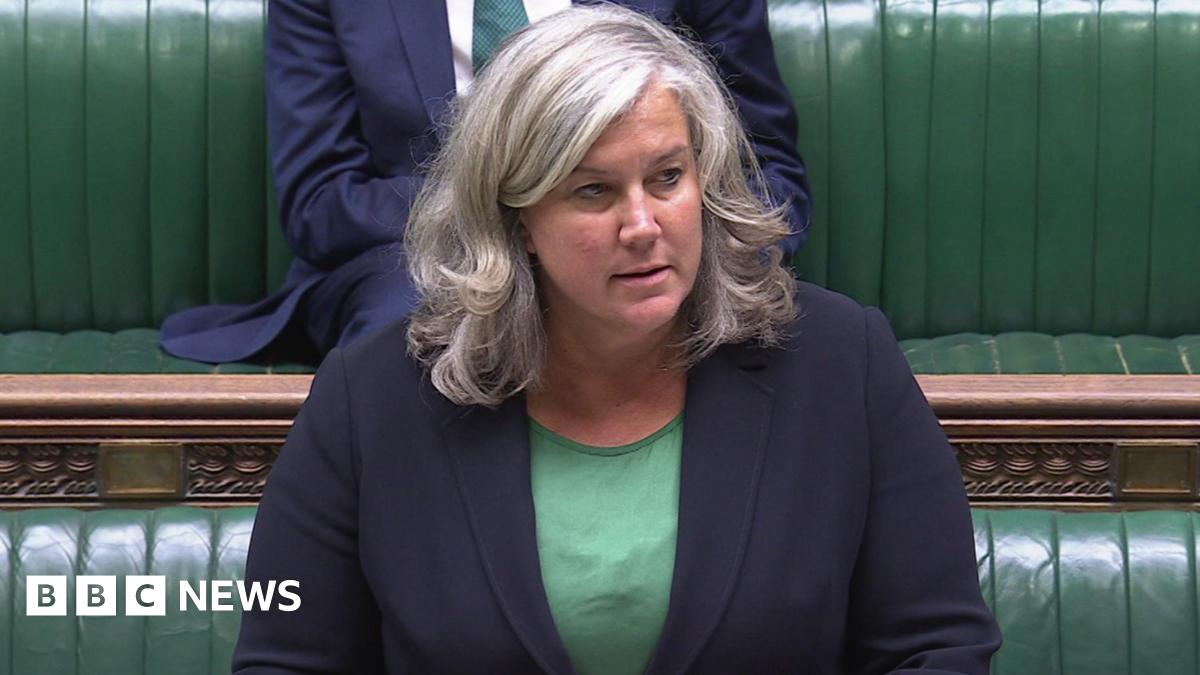Iran Conflict: What Are Israel's True Objectives and What's Next?

Recent statements from Israeli Prime Minister Benjamin Netanyahu suggest a potential nearing conclusion to Israel's military actions against Iran. But what exactly are those goals, and what does this escalation signify for the region? This article delves into the complexities of Israel's objectives in Iran, exploring the historical context, strategic considerations, and potential future implications.
A History of Tensions: The Roots of the Conflict
The relationship between Israel and Iran has been fraught with tension for decades. At the core of this animosity lies Iran's support for groups opposed to Israel, notably Hezbollah in Lebanon and Hamas in Gaza. Iran's nuclear program, which Israel views as a direct threat to its existence, has further exacerbated the conflict. Israel believes a nuclear-armed Iran poses an unacceptable risk, potentially leading to regional instability and direct attacks. The ongoing proxy wars, where both nations support opposing factions in conflicts across the Middle East, have also fueled the fire.
Netanyahu's Claims and the Shifting Landscape
Netanyahu’s assertion that Israel is “very, very close to completing” its goals raises several questions. While the specifics remain classified, analysts believe these goals likely encompass several key areas:
- Degrading Iran's Military Capabilities: This includes targeting Iranian military infrastructure, missile sites, and weapons depots, particularly those used to support proxy groups. The recent strikes appear focused on disrupting Iran's ability to project power regionally.
- Disrupting Iran's Nuclear Program: While a full-scale dismantling of Iran's nuclear facilities is unlikely, Israel aims to delay or disrupt its progress, potentially setting back the program significantly. This is often achieved through targeted strikes and cyber operations.
- Sending a Deterrent Message: Israel seeks to demonstrate its resolve and capability to strike Iran directly, deterring future aggression and signaling to Iran that its actions have consequences. This is arguably the most immediate and visible goal.
- Shifting Regional Alliances: Israel hopes its actions will strengthen its alliances with countries that share concerns about Iran's influence, such as Saudi Arabia and the United Arab Emirates. A weakened Iran could create opportunities for closer cooperation.
The Risks and Consequences of Escalation
However, Israel’s actions carry significant risks. A direct and sustained conflict with Iran could trigger a wider regional war, drawing in other countries and destabilizing the entire Middle East. The potential for miscalculation and unintended consequences is high. Furthermore, a prolonged conflict could damage Israel's economy and international standing.
What's Next?
The coming days and weeks will be crucial in determining the trajectory of the conflict. It is likely that Israel will continue to conduct targeted strikes against Iranian assets, while Iran will attempt to retaliate in a way that avoids triggering a full-scale war. Diplomatic efforts to de-escalate the situation are ongoing, but their success remains uncertain. The international community faces a delicate balancing act – condemning Iran's actions while also preventing further escalation and working towards a peaceful resolution.
Ultimately, the conflict between Israel and Iran is a complex and multifaceted issue with deep historical roots. Understanding the objectives of both sides is essential for navigating this dangerous situation and working towards a more stable future for the region.






